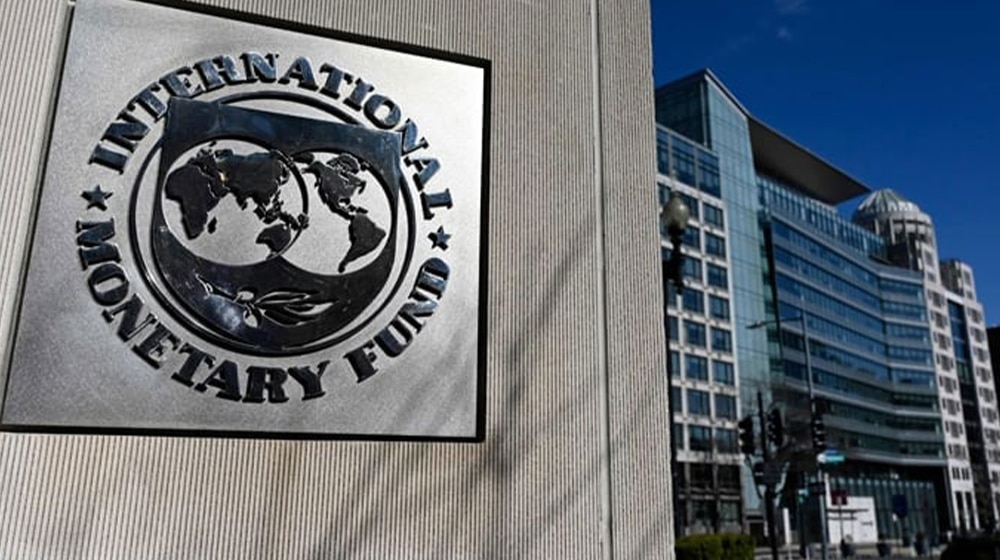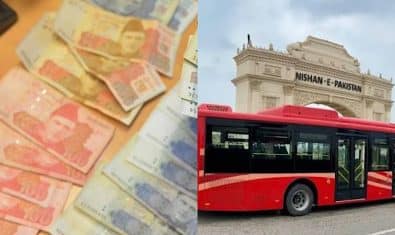Pakistan needs to confirm it will get roughly $3 billion in additional funds in order to sign a Staff-Level Agreement (SLA) with the International Monetary Fund (IMF) in the next few days.
The cash-strapped country needs assurance from Saudi Arabia for additional deposits of $2 billion and a $950 million loan program from the World Bank (WB) and Asian Infrastructure Investment Bank (AIIB) to get the IMF to sign on the dotted line.
“We are hopeful,” said a top government official dealing with the IMF, while another senior official said the government expected to sign the SLA within the next few days, but the lender was hesitant to provide a timetable for when the agreement would be signed, reported a national daily.
The World Bank’s Resilient Institution for Sustainable Economy (RISE-II) has offered $950 million via the Asian Infrastructure Investment Bank (AIIB) only if the IMF is onboard. This comes after last week China refinanced two commercial loans totaling $1.2 billion in two installments of $700 million and $500 million. Chinese commercial banks will now re-finance two additional installments of $500 million and $300 million in the coming days.
Contrary to western moods and reluctance to invest, China stepped in to save Pakistan at a critical juncture, re-financing its commercial loans before the IMF SLA is completed. Pertinently, tensions between the United States and China have created a difficult situation for Pakistani lawmakers already struggling to get some extra cash.
Pakistan is aiming to jack up the country’s foreign exchange reserves to $10 billion by June, and the two commercial loans from Chinese banks have helped substantially.
On the IMF front, Pakistan has completed all pre-conditions to bring the lender on board and receive $1 billion under the lender’s Extended Fund Facility (EFF).
So far, the coalition government has implemented a number of austerity measures including unveiling a mini-budget to raise additional tax revenues of Rs. 170 billion.
Besides giving special allowances and bigger salaries to employees, the government has raised the GST rate from 17 to 18 percent, increased the power tariff by more than Rs. 7 per unit, imposed another power surcharge of Rs. 3.82 per unit, jacked up up the gas tariff, relinquished its hold on the market to free the exchange rate, increased the petroleum development levy, and hiked the policy rate by 300 basis points to 20 percent.
























